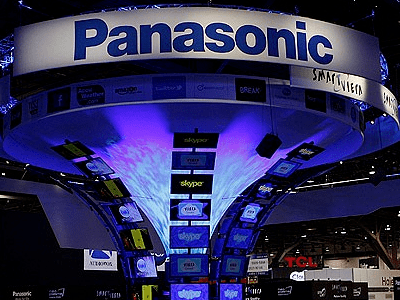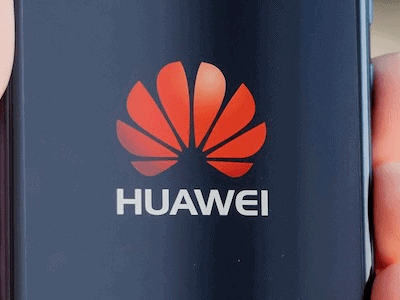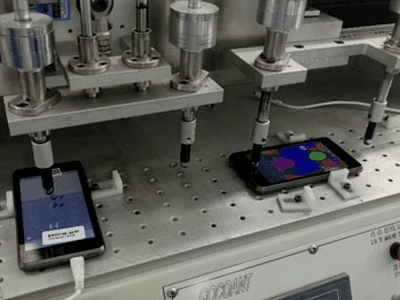#DAACIndia 2013: Musings of a CMR Analyst
Share This Post
TCPIP Framework: Aiming to leverage its technology solutions delivery expertise to build a profitable franchise of India enterprise customers
Dell’s “Transform, Connect, Inform, Protect” or ‘TCIP’ embodies the company’s marketing philosophy, using which it hopes to attract, convert and retain customers via a series of value propositions that incorporate its hardware, software, IT services and industry solutions expertise, strengthened substantially through its acquisitions over the past 6-7 years.
While the four blocks of the TCIP framework represent Dell’s core beliefs and strategic focus, I would strongly recommend adding another element – “P” for ‘Profit’ – to complete the message, particularly for enterprise customers. Thus, while TCIP would represent the operational elements of Dell’s strategy, the “P” for ‘Profit’ would signal Dell’s clear intent to use technology solutions to partner its customers and help achieve their business goals of growth, expansion and customer delight, at a profit.
Here is why I feel the ‘P for Profit’ vector needs to be added. While it is important that Dell reaches out beyond large enterprises in the India market and extends its reach to SMB enterprises and ‘Tier-II’ markets, Dell needs to demonstrate it can add value beyond reducing TCO and time-to-market. There is a strong reason why. The predominant theme at #DAACIndia 2013 was Dell touting itself as “The World’s Largest Startup”. The underlying message in this positioning, to my mind was that Dell wants to be seen as more than an IT enabler for its customers. The vendor wants to tell decision makers that Dell brings to the table a range of IT solutions that customers can quickly and easily adopt to improve sales, market share and profitability. The company not only wants to implement IT effectively and efficiently, but wants to be seen as a friend to rely upon.
Thus Dell’s team of industry and business experts could help Indian customers innovate by employing global best practices and innovative applications adopted worldwide. The clear goal should be how Dell’s customers can use technology solutions to develop innovative business techniques that help customers control costs and increase their profits from previously unforeseen revenue streams. While I am not advocating that Dell offer business consulting and advisory services to its customers, I definitely would like that the vendor take a lead in helping Indian SMB customers look at their business models innovatively.
#DAACIndia 2013 also hosted a customer panel featuring the CIOs of Flipkart, Café Coffee Day and IIHT. While these customers expressed their satisfaction and faith in Dell as their IT partner, I see a different role emerging. Dell can venture into helping customers earn additional profits by identifying and applying unusual synergies. For example, IIHT trainees could help maintain the IT infrastructure at Café Coffee Day outlets during ‘planned breaks’ in their training schedules, reducing time-to-service and operational cost for the coffee chain. This might sound complex, but that’s the kind of advisory I expect Dell to offer its customer base. Another synergy could be Flipkart using Café Coffee Day outlets to set up ‘touch and feel’ experience zones for ‘high involvement’ products before individual customers place their orders. This would help Café Coffee Day increase ‘footfalls’ and Flipkart get better turnaround on their inventory.
By helping customers improve their business processes and adhere to global standards of product quality and service, Dell can position itself as a business value partner rather than just a ‘plain vanilla’ IT infrastructure solutions provider. As these and similar, industry vertical-specific, innovative business practices help customers earn incremental profits, Dell can look to sell a more diverse set of solutions to India SMB enterprises. This is an important consideration in a market such as India, where a bulk of SMB enterprises rarely have the motivation to follow global norms with regard to refresh rates for their IT equipment. This trend, in turn, adversely impacts the business of IT solution providers.
So, through the innovative use of technology solutions, best practices and striking the right business partnerships, Dell can demonstrate how the proposed TCPIP framework can translate into profits for customers, and customers of customers. A dedicated effort over a period of time would help the company cement its relationships, establish a loyal customer base in India and improve reach and market share.













